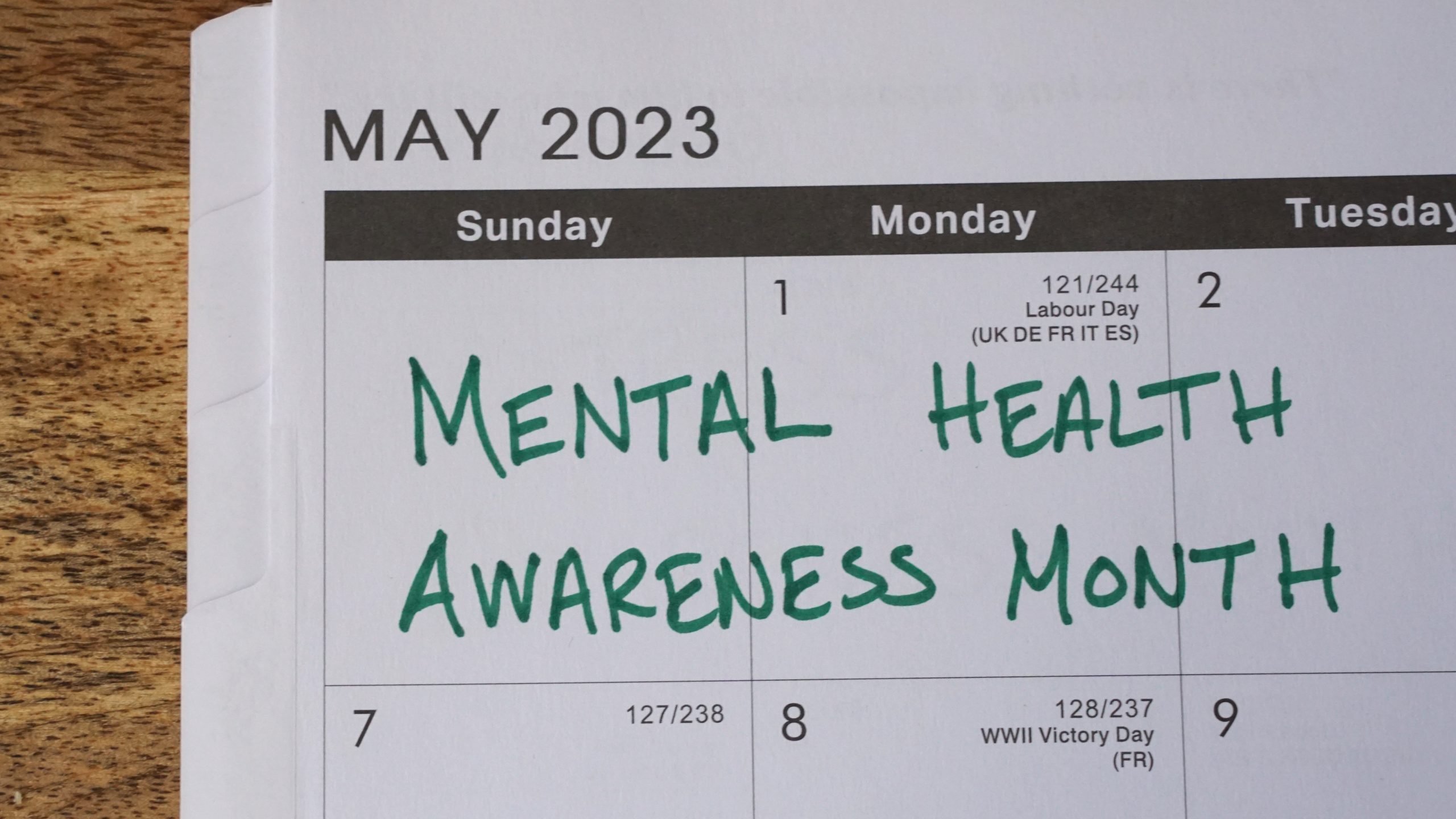In the U.S., we’ve recently seen mental health issues coming to the forefront of conversations, especially as these issues present themselves in diverse ways. These conversations are still uncomfortable, but we must have courage to talk about these issues with our family and friends. Yet stigmas and disparities surrounding mental health issues often prevent mental health conversations from occurring in minority communities.
What are the factors that cause these disparities for minorities requiring mental health care? The Institute of Medicine reports that these health disparities show a complex issue that includes bias, discrimination, and stereotyping. It was reported that “Mental healthcare occurs relatively frequently in emergency rooms and psychiatric hospitals.” Because of this, minorities are over-represented in emergency and inpatient services. Minorities are disproportionately utilizing these services in lieu of mental health clinics.
Lack of access to mental health services is caused by a variety of barriers. More than half of minorities do not have health insurance to cover care, leading to further disparities. Logistical barriers such as transportation, ability to take time off of work, and ability to secure childcare prevent many from seeking treatment. Additionally, there is a lack of qualified professionals in high density areas, further limiting access to care.
The National Survey of American Life reported that 10.1% of African American utilized a mental health services within the past year. Further studies have emphasized similar disparities. Greater mental health condition-induced “disease burden” is reported in African Americans versus White Americans. This means that African Americans are suffering from more disabling forms of conditions and experience them for extended periods of time. 57% of African Americans diagnosed with depression experience a chronic form of the condition and are less likely to receive evidence-based treatment.
Often stigmas surrounding mental health limits minorities from seeking care. These stigmas can include:
· Cultural mistrust
· Fear of stereotyping
· Fear of racism and discrimination
· Stress and trauma
Additionally, anxiety, depression, bipolar disorder – these mental health conditions in minority communities are sometimes viewed as “rich people” issues. Mental health conditions viewed as something that lower to middle class individuals do not have the time or money to adequately address. Instead, conditions such as depression are stigmatized as just being sad for some time before recovering and getting back to business as usual.
To address stigmas about mental health conditions, minority communities need to have safe spaces where discussions about mental health can occur. However, it is typical that adequate resources are not available. This is often due to lack of funding in local schools or recreational centers. Education in these facilities is one of the best ways communities can change the way mental health conditions are viewed. Youth are particularly impacted at these facilities and could be better prepared to learn how to handle mental illnesses. By paving a path for discussion, we can change the perception of mental health conditions in minority communities.
Because mental illness is a difficult topic to discuss, it’s even harder to understand and educate ourselves and others upon. Stigma about mental health in minority communities will not go away overnight. The next generation must be educated or mental health issues will continue to be brushed aside and not be treated appropriately.





